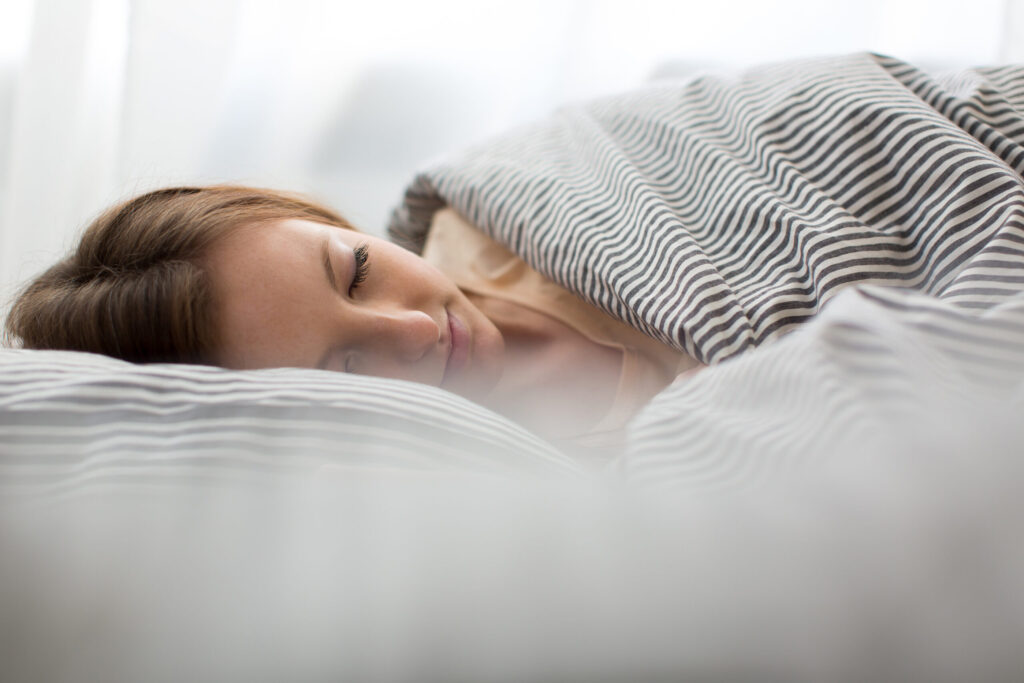5 Techniques – Using Hypnotherapy to Improve Sleep
Using Hypnotherapy to improve sleep patterns, can give you more benefits than just a good night’s rest! It can also boost your immune system. In an earlier blog, I introduced some techniques that can help boost your immune system ahead of winter to ensure you can make the most of the cooler months without succumbing to winter ailments.
Hypnosis has been used for centuries to help individuals overcome a wide range of issues, including sleep problems. In recent years, hypnotherapy has become increasingly popular as a natural, drug-free solution to improve sleep quality. In this blog post, we’ll explore five techniques and tips for using hypnotherapy to improve sleep.
5 Tips Using Hypnotherapy to Improve Sleep
- Progressive Muscle Relaxation: One popular technique used in hypnosis for sleep is progressive muscle relaxation. This involves slowly tensing and then relaxing each muscle group in the body, starting with the feet and working up to the head. By systematically releasing tension in the muscles, the body is able to enter a state of deep relaxation, making it easier to fall asleep.
- Visualisation: Visualisation or imagination, is another powerful technique used in hypnosis for sleep. This involves imagining a peaceful, relaxing scene, such as a beach or a forest, and focusing on the details of that scene. This helps to distract the mind from racing thoughts and worries, making it easier to fall asleep.
- Guided Imagery: Guided imagery is similar to visualisation but involves a therapist or audio recording guiding the individual through the imagery. This technique can be especially helpful for those who have difficulty focusing or relaxing on their own.
- Self-Hypnosis: Self-hypnosis is a technique that allows individuals to induce a hypnotic state on their own. This involves using a series of relaxation techniques, such as deep breathing and progressive muscle relaxation, to enter a state of deep relaxation. Once in this state, the individual can use positive affirmations or visualisations to help improve sleep.
- Cognitive Behavioural Therapy (CBT): CBT is a form of talk therapy that is often used in conjunction with hypnotherapy to improve sleep. This type of therapy focuses on identifying and changing negative thought patterns that may be contributing to sleep problems. By changing these thought patterns, individuals can develop healthier sleep habits and improve sleep quality.
By using techniques such as progressive muscle relaxation, visualisation, guided imagery, self-hypnosis, and cognitive-behavioural therapy, individuals can develop healthier sleep habits and improve their overall well-being.
If you are looking for hypnotherapy in South Perth, Perth or Australia-wide via zoom, call me on 04189942319 and sleep well this winter!
love Jen xx
Disclaimer: Results may vary from client to client

